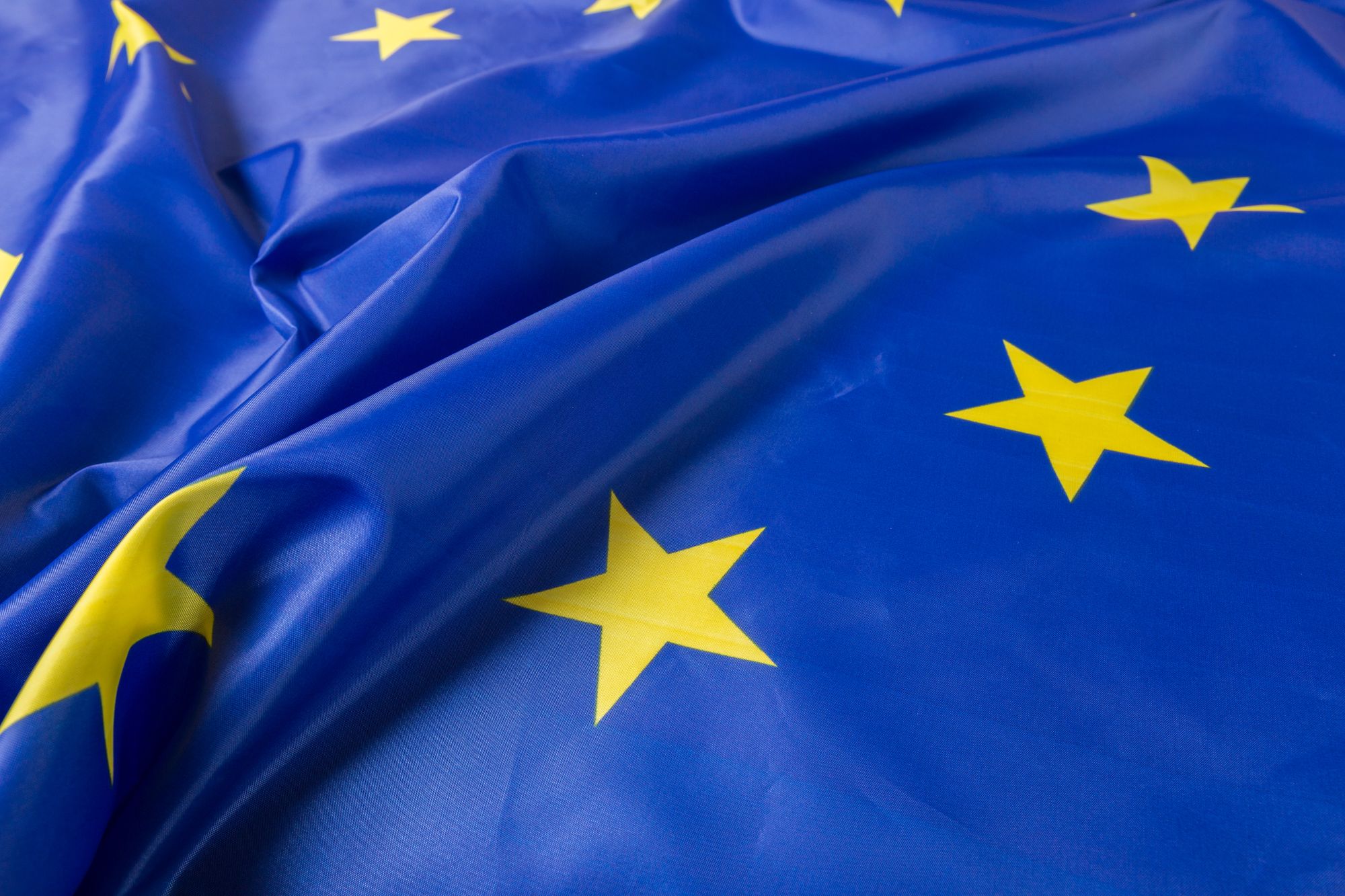Market in Crypto-Assets (MiCA) legislation is gradually becoming a law in the European Union, and local crypto companies are preparing themselves for the change. Several European nations will be subject to stricter regulations under the proposed regulations, which will be applied to all 27 EU member states.
In accordance with legislation, crypto companies must not only provide real-time information on their pricing process and trading volumes, but they must also settle all trades the day following the trade. A cryptocurrency exchange must maintain a separate account for its own funds, as well as funds belonging to its clients. As part of the regulation, insider trading is explicitly prohibited.
Moreover, MiCA introduces a universal licensing approach across all member states of the EU, making it one of the most comprehensive regulations of its kind on the planet.
According to Ehlers, the gap between what a crypto service is currently doing to comply with regional laws and what it will be required to do under MiCA can be quite substantial. He advised companies to begin preparing now.
“It’s always more complicated and takes more time than you think. My advice for the industry is you need to start now, prepare yourself for the MiCA application. What does your company do today and what does MiCA require?” Ehlers said.
Considering the user experience, Ehlers noted that crypto exchange clients may have a longer onboarding process. Several types of products will require exchanges to determine whether a user is appropriate for them. As a result, users will be able to gain a greater understanding of the assets listed on exchanges in order to make more informed trading decisions.
Crypto companies will need 18 months to adapt to MiCA once it is enacted. Due to the fact that the vote has already been postponed twice, most recently to April, it is difficult to predict when exactly the regulation will become law.
With a more coherent regulatory approach, MiCA will ultimately make life easier for European crypto services, Wagenknecht stated. In spite of this, there may be some difficulty in harmonizing the existing national regulations with MICA at the beginning. For instance, Germany's law regarding blockchain securities differs from MiCA's.
MiCA has already been criticized by many experts as insufficient and the world's regulators should go further. A research group commissioned by the French government, for example, has recommended that users' data protection rules and policies be given special attention in the metaverse. Metaverse is not mentioned in MiCA's current text.
Additionally, there is concern that even if the European Union regulates crypto extremely thoroughly, it will not be effective until other countries follow suit.








